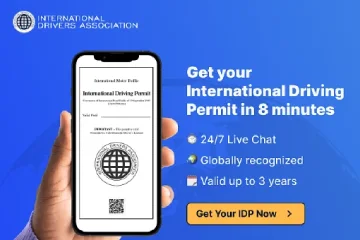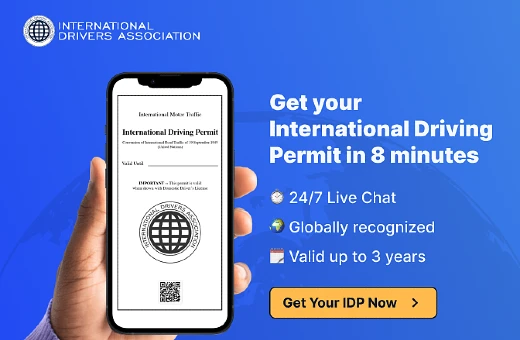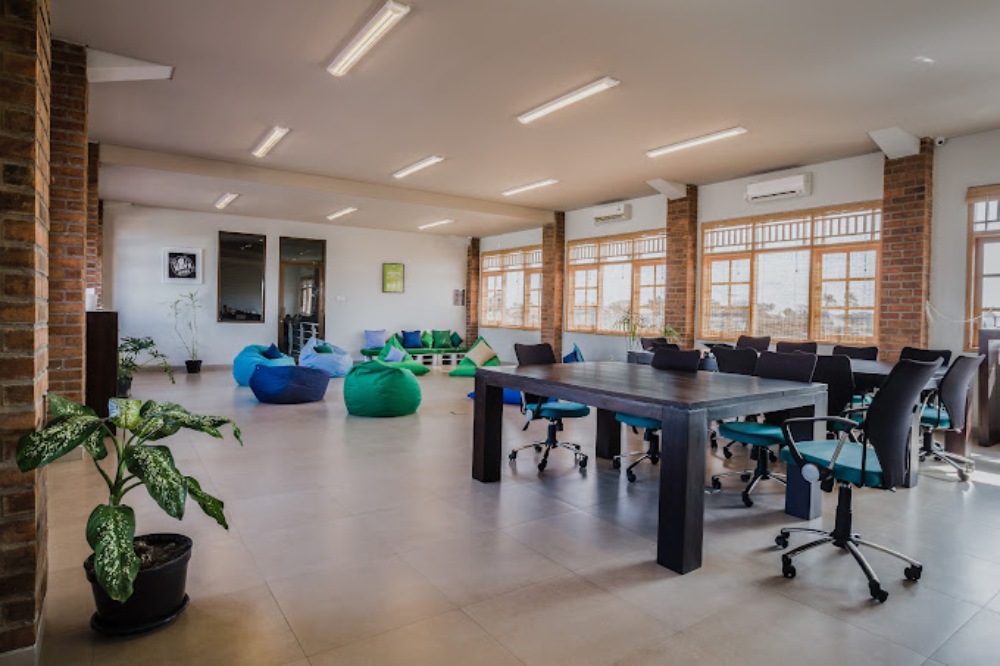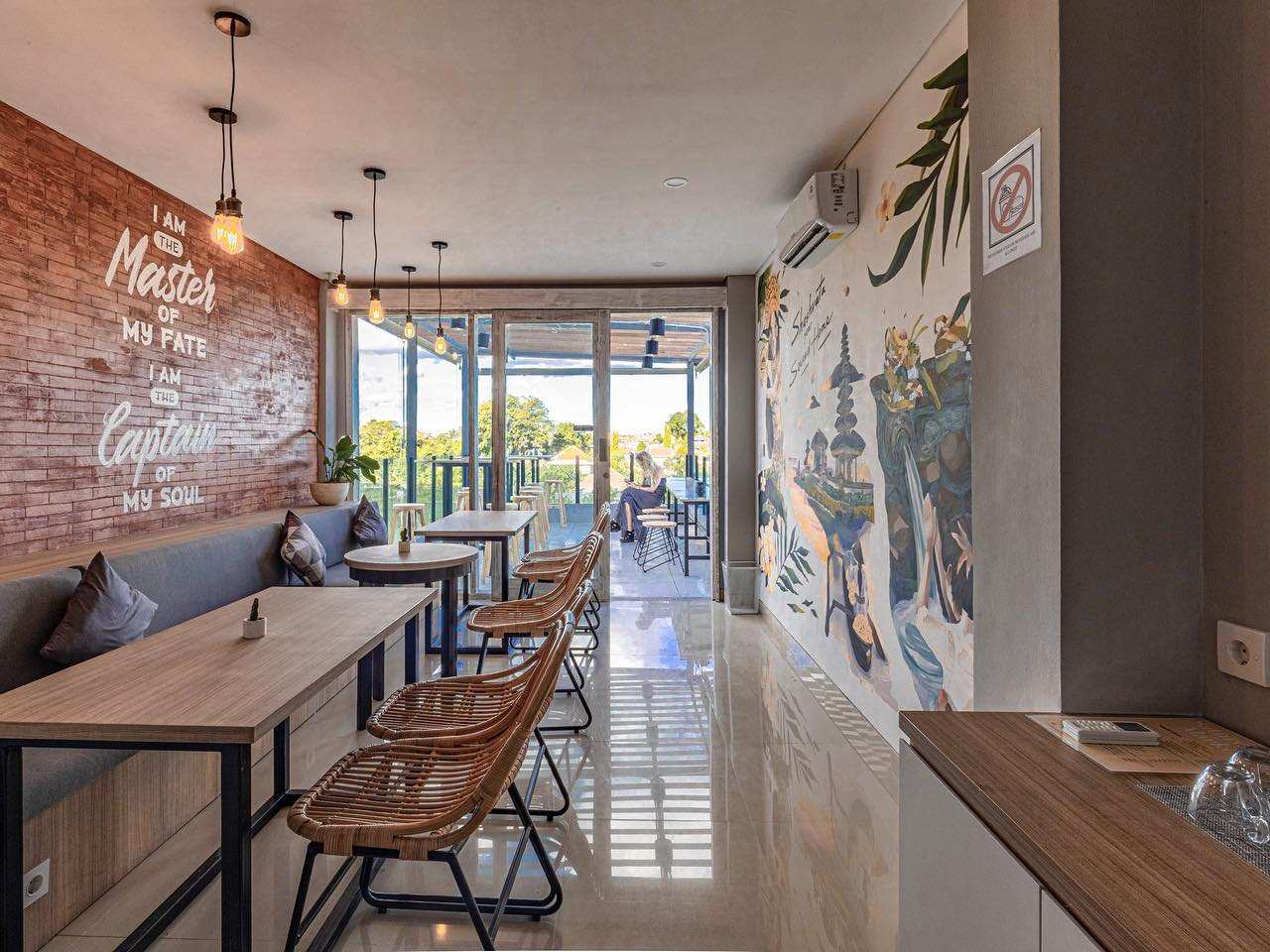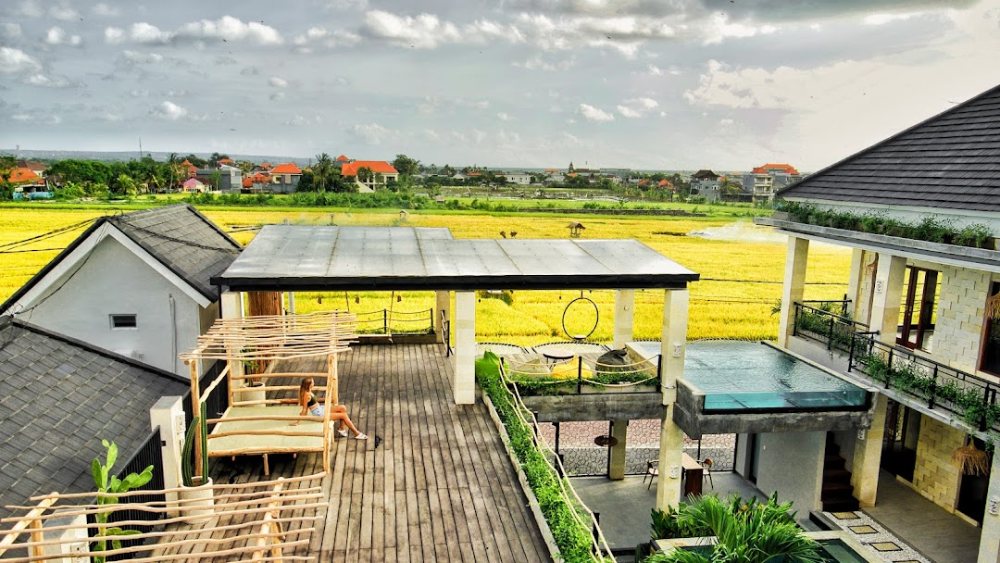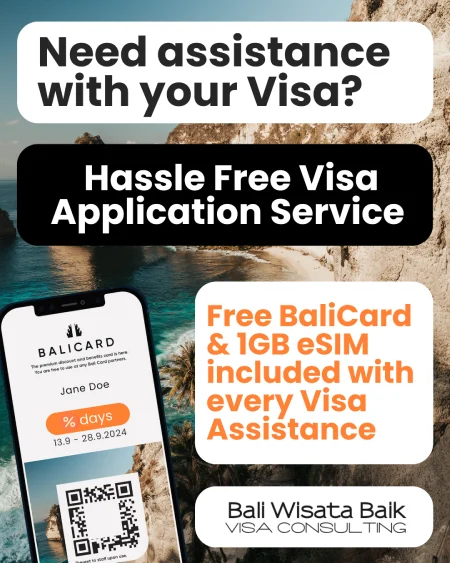Things to Do in Bali
Digital Nomads & Remote Workers in Bali
Living the Digital Nomad Dream in Bali
For many, the idea of leaving the 9-to-5 behind and working remotely from a tropical island is more than just a fantasy — it’s a real, achievable lifestyle. Over the past decade, Bali has become one of the most popular destinations in the world for digital nomads, freelancers, and remote workers.
What makes Bali so attractive? It offers a unique combination of affordable living, strong internet infrastructure, inspiring natural surroundings, a welcoming international community, and a wide range of coworking spaces and networking hubs. From beach towns like Canggu and Uluwatu to cultural hubs like Ubud, there’s a setting for every type of remote worker.
Freelance platforms like Upwork, Freelancer.com, and Fiverr have made it easier than ever to find clients from anywhere in the world. Many nomads working from Bali get paid into bank accounts overseas and are technically self-employed — which is why Bali is often seen as an ideal base for a location-independent lifestyle.
But before you book that one-way ticket, it’s important to understand the legal, visa, and tax realities of working remotely from Bali.
What is a Digital Nomad?
The term “digital nomad” means different things to different people. In Bali, the lifestyle can take many forms. Some nomads travel full-time, staying in Bali for a few months before heading to places like Thailand, Portugal, or South Korea — living and working on the move. You find crypto investors, social media managers, online coaches, and all sorts of professionals and entrepreneurs who can manage their work and finances online.
Others try to settle longer in Bali, often staying as long as their visa or finances allow. Many work remotely for international clients, offering services like online coaching, tutoring, digital marketing, creative work, or content creation.
It’s important to note: working with or for an Indonesian company while in Bali is not allowed unless you have a proper work permit (KITAS). This includes jobs like managing social media accounts, modeling, coaching, running retreats or doing freelance gigs for local businesses — even if you’re technically self-employed.
The Devil is in the Detail and Getting Advise from “Peers”
The digital nomad lifestyle has grown rapidly in Bali, especially after the pandemic and the rise of freelance platforms.
But the legal framework for this lifestyle in Indonesia is still unclear. There is no real “Digital Nomad Visa.”
Arrange Your Medical Insurance for Short- and Long-Stay Travel
Choose Between Essential & Complete Plan
- $0 deductible, meaning you're covered even for the smallest claims
- No pre-approval needed, takes 5 minutes to purchase. You can do it the same day you fly out, or even if your trip has already started
- Pay as you go subscription, cancel anytime
- Coverage from just a few dollars per day
- Covers travel delay, lost luggage and trip interruption
- Kids under 10 go free with an adult policy, making it great for families on a budget
- Covers you in over 180 countries
- 24/7 online customer care with <1min response time
- A travel medical insurance with a medical expense of $250,000
- You can add-on electronic theft insurance for up to $3000 worth of electronic valuables
Complete Plan Ideal for expats and long-term travelers looking for comprehensive coverage
- Includes all Essential plan benefits
- Full coverage in your country of residence
- Outpatient services, maternity care and mental health support and complementary therapies like chiropractics
- Includes additional coverage for trip or accommodation cancellation, burglary and delayed luggage"
Important: you cannot be paid in Indonesia, and you cannot legally work for or with Indonesian clients or companies — even if you’re self-employed. The “classic digital nomad” in Bali often operates in a legal grey area: no company registration, no tax ID, and no work permit (KITAS) but staying 6 months or longer doing visa extensions or visa runs.
This has worked for many — but it’s not without risk. If immigration checks your activity or if something goes wrong (visa expiry, legal dispute, medical emergency), the lack of legal structure can create serious problems. Many nomads are unaware that they may be violating local laws simply by doing client work while in Bali for an Indonesian company for example.
Currently, most digital nomads and remote workers fly under the radar. The government is aware that the legal system hasn’t yet caught up with this growing trend. But that could change at any time.
If you choose this lifestyle, do your homework — don’t rely on hearsay or influencer advice. Use the correct visa, don’t work with Indonesian clients, and don’t get paid locally.
And, make sure you get Covered: International Medical Insurance for Nomads →
This is what you should avoid as a digital nomad in Bali…
DON’T…
- Blindly trust other nomads, agents, or social media advice without double-checking what kind of “visa solutions” or legal shortcuts they are offering.
- Apply for a fake employment KITAS through an agent. This visa is tied to a specific company and job role. Using one without actually working there is risky — and comes with tax obligations you might not be aware of.
- Get an Investor KITAS (shareholder KITAS) unless you are genuinely investing in and owning part of a legal company (PT PMA). Some agents add foreigners as shareholders just to issue a visa — but this comes with serious legal and fiscal responsibilities. Immigration is increasingly checking these cases, and people have gotten into trouble.
- Work for Indonesian companies or clients without having a valid work permit. Even if you’re freelancing or doing occasional gigs — it’s still not allowed.
- Get paid in Indonesia — whether it’s into a local account or cash-in-hand. All income must come from outside the country.
- Teach yoga, play DJ gigs, run workshops, lead retreats, coach, or design interiors in Bali while using only a Visit Visa (B211A) or a Visa on Arrival. These activities generate income and require a work permit.
- Advertise or sublease your accommodation in Facebook groups or online marketplaces. Immigration considers this a business activity and it can lead to visa violations and even deportation.
- Stay in Bali without proper international medical insurance. Accidents happen — and medical bills can be very expensive. Protect yourself and your peace of mind.
(Get Medical Insurance →)
Which Visa Do You Need?
Most digital nomads in Bali enter with a Visit Visa (type C), which is initially valid for 60 days and can be extended multiple times — up to a maximum stay of 180 days. This visa is commonly used, but it still falls into a legal grey area when it comes to working remotely while living in Indonesia.
For those officially employed by a company abroad, there is a clearer legal path. If you’re working remotely from Bali for an overseas employer, you may be eligible for the Remote Worker KITAS, a type of limited-stay permit designed specifically for foreign remote employees.
More Info and Application Services for Suitable Digital Nomad & Remote Work Visas in Bali→
Paying Taxes in Bali?
Can You Be Paid in Indonesia?
No — you cannot be paid in Indonesia or work for an Indonesian company unless you hold a valid work permit (KITAS). This includes freelance work, consulting, or getting paid into a local bank account.
What is the Status of a Digital Nomad?
A digital nomad typically lives in Bali for a few months and works online for clients based outside of Indonesia. Payments are received into foreign accounts, and no income is generated locally.
Most digital nomads do not operate a registered business in Indonesia, and they do not have a tax ID or a work permit. This puts them in a legal grey area. There is currently no official “Digital Nomad Visa” — but many nomads use a Visit Visa (B211A with business purpose) for stays of up to 180 days.
Remote Workers — A Different Case
Remote employees with valid overseas work contracts — who continue to work for a foreign company while living in Bali — are generally in a more stable situation. A Remote Worker KITAS is available for this category, providing legal clarity for longer stays.
Tax Residency and Global Income
Indonesia applies a 183-day rule for determining tax residency. If you stay in Indonesia for more than 183 days within any 12-month period, you are considered a tax resident — and may become liable to pay income tax on your worldwide income, regardless of where it is earned.
If you stay fewer than 183 days per year, you are not considered a tax resident and generally not subject to Indonesian income tax. However, you may still be required to declare your income in the country where you remain legally resident.
Selection of some of the Best Co-Working Places in Bali
Co-working spaces in range from cafes and restaurants where digital nomads are welcomed to sit and work to places that are highly customised to cater to the needs of remote workers, from private meeting rooms, complimentary coffee, super-strong internet, cloud services, community networking, and consulting for start-ups. Whatever the setting, these hubs are just the place to find like-minded people and dive into the vibrant digital nomad scene in Bali.
Selection of some of the Best Co-Living Places in Bali
Living in modern villas may have its perks, but lodging together and sharing the life with a tight-knit community can be even better. Not only does a shared space allow you to easily socialize, it also allows you to be able to connect and share ideas with people of different backgrounds you might have never met otherwise.





